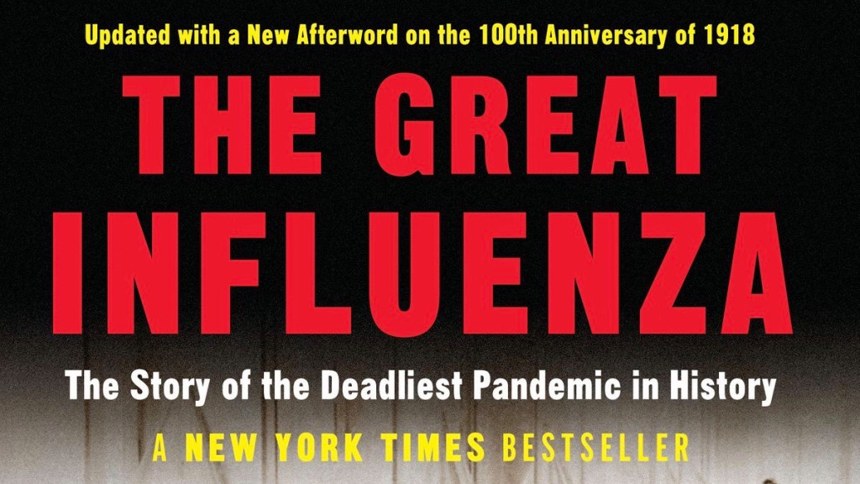
A few weeks ago, we started a new series at FS titled Hard Times with an ambition to uncover how people are dealing with fallout from the coronavirus pandemic and how enterprises are readying themselves for a post pandemic world.
The problem is that it is hard to forecast anything. Nobody knows what’s happening and is going to happen in a post-pandemic world. The torrent of information is mostly noise. Signals are rear.
You can have expectations that things will be different, that people will come back and spend in shopping again and that the economy will rebound, eventually but that’s it. Nobody can predict anything. We can see this reality playing out across markets. In Sweden where there is no lockdown, retail footfall dropped as much as 60% similar to that of many markets where there are strict lockdowns in place. Countries across continents are now looking into slowly opening up the economy. But it appears people will ultimately make the decision of what it means by true opening up. Public trust will dictate whether people will again crow the market once lockdown eases. There will be no opening up of the economy without the confidence of the public in the condition of the pandemic. Then you don’t know what makes people confident to come out. You don’t know how people will respond even when they are confident that they can now safely go out. This reality makes the entire prediction thing much more complicated than it appears. Thus the most relevant lesson we can learn from this pandemic is that things change and it could do so without any prior notice. As Daniel Kahneman says: “the correct lesson to learn from surprises is that the world is surprising.”
You can disagree. You can think that we now know a lot about this pandemic. At least you know more than you were in December last year, when you were putting forward your forecast. You can expect that knowing that pandemic is here and that it has driven down the demand of all kinds of things does make some difference and that you are now better positioned to make quality decisions.
Not at all.
All of our forecasts and predictions went out the window as soon as the pandemic hit in March - in Dhaka timeline. Now we are operating in a perpetual unknown territory. Our quarterly forecasts and predictions are in disarray. How do we know something of similar magnitude will not happen in the next three months. We have measures in place. We have predictions in place. But all of it could prove insufficient. We have learned that any predictions and assumptions about the future could prove wrong overnight. Your all preparations can fall short in the face of a real tragedy. Now that sounds cynical.
If things are always beyond our control, what is there for us to do. How do you navigate a world where our assumptions can always fall short of the reality and where reality keeps on changing rapidly? How do you prepare for a future which is utterly unpredictable?
Take a stoic view of the things. Be humble and give up your false sense of control. That’s the first step to having some sort of mental sanity. When you have a realistic view of your capabilities, you can operate sensibly.
Second best thing, you can read more history and less predictions and forecasts.
The history is full of parallels. We are not the first to face a pandemic. In the recent past, we have examples of SARS and MARS and then EBOLA. About 100 years ago in 1918-1919, Spanish Flu wiped out 50 million of the world population in about a year. These historic events can offer useful insights to help us navigate the world we are going through right now. In fact, they can offer insights that are often missing in predictions and forecasts.
There are several benefits to reading history over the predictions and forecasts. As we mentioned earlier, forecasts can go terribly wrong. We barely know how things are going to turn out. Contrarily, history can teach us parallels and patterns such as how people behave in a situation like this, what kind of policies work and what does not, what shapes consumer behavior, what defines moods of people, how people make decisions, and how people deal with the challenges and so on.
For example, humans are historically affected by optimism bias. We usually try to look for the upsides. And when things don’t improve, it often quickly turns sour. The reaction often follows a few steps - denial, despair, acceptance, and then moving on. This has exactly happened with the coronavirus pandemic. We started off with the notion that this is just a flu and is going to go away pretty soon. Then when it started to accelerate and the numbers started to file up, we slowly began to realize that this is not going away anytime soon. This will stay and this will wreak havoc on our lives. This is pretty much how people respond to any crisis. We try not to believe and then eventually get to a point where we don’t have any other way but to accept.
This is also how people generally responded historically to any major crisis. That’s an important lesson of history.
Then when people finally accept and realize the extent of the crisis they do things that they would never do otherwise. It means shit happens and it is not always good.
The post-pandemic world is not going to be “new normal”. It will not be anything similar to what we are doing now. It will be different or it will be more of the same shit. Whatever that might look like, we have much to learn from the history that the readily available predictions. You can start by picking up some books on the 1918 flu pandemic.
